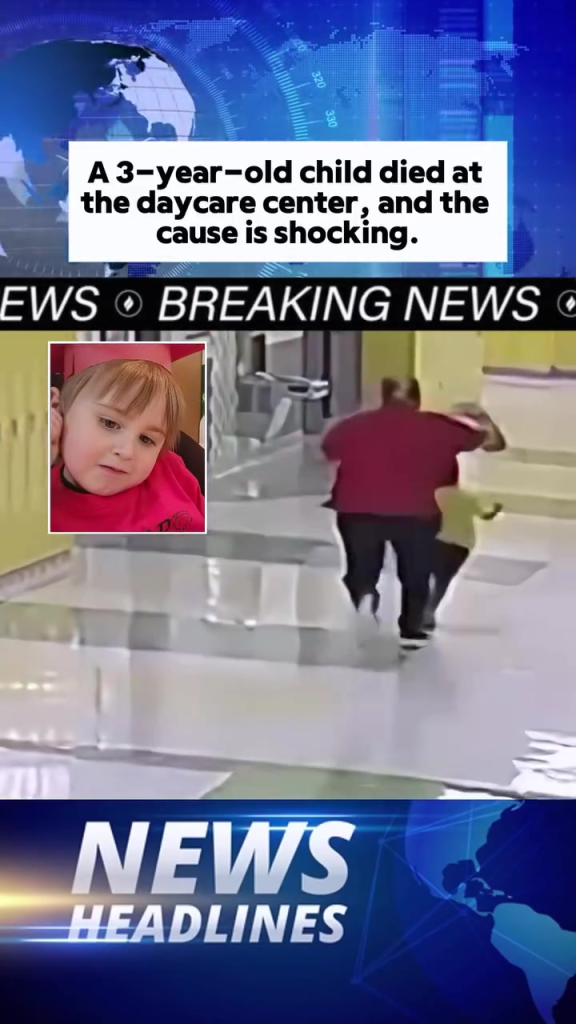Tragic Death of 3-Year-Old Autistic Child at Daycare Sparks Outrage
In a heartbreaking incident that has shocked the community, a three-year-old boy with autism, Conrad Ashcraft, tragically died at his daycare center in May. The horrifying circumstances surrounding his death have raised serious questions about childcare practices and the safety of vulnerable children in institutional settings.
According to reports, Tara Williams, Conrad’s mother, arrived at the daycare center after a busy day to pick up her son. Staff informed her that Conrad had been asleep since his noon nap. However, when she saw him, he was lying face down under a thick blanket, motionless. Emergency personnel confirmed that Conrad had been dead for several hours.
Investigations revealed that the child had been punished at noon for not sleeping during nap time. Shockingly, a staff member reportedly sat on him until he stopped moving. The daycare center where this tragedy occurred has previously received multiple complaints about staff behavior and disciplinary practices, yet the director has repeatedly claimed that employees fully comply with internal procedures.
This tragedy has prompted widespread outrage among parents, child advocacy groups, and the general public. Many are questioning how a daycare facility can continue to operate without adequate oversight, particularly when caring for children with special needs who require additional attention and understanding. Experts in childcare stress that children with autism are especially vulnerable to stress and physical harm, and that any punitive measures must be strictly prohibited.
In response to the incident, the daycare center has been temporarily closed, and authorities are conducting a thorough investigation. However, as of now, no criminal charges have been filed against the staff or the administration, leaving many in the community frustrated and demanding justice for Conrad.
The case underscores the critical need for stricter regulations and monitoring of daycare centers, as well as proper training for staff who work with children with special needs. Advocates argue that this tragedy could have been prevented if staff had been trained to use appropriate behavioral interventions rather than resorting to extreme and dangerous disciplinary measures.
Conrad Ashcraft’s death is a sobering reminder of the responsibility society holds toward protecting its youngest and most vulnerable members. While legal proceedings and investigations are ongoing, the hope is that this case will lead to greater awareness, stronger protections, and reforms that prevent similar tragedies in the future. Families and communities are now left grieving, seeking justice for Conrad, and calling for accountability from those entrusted with the care of children.

